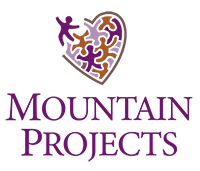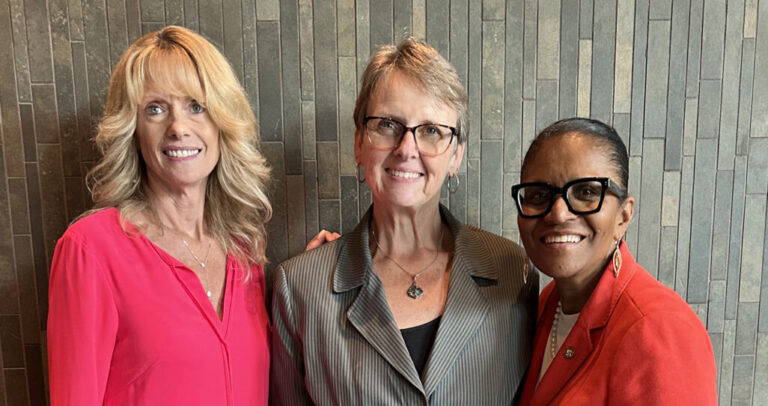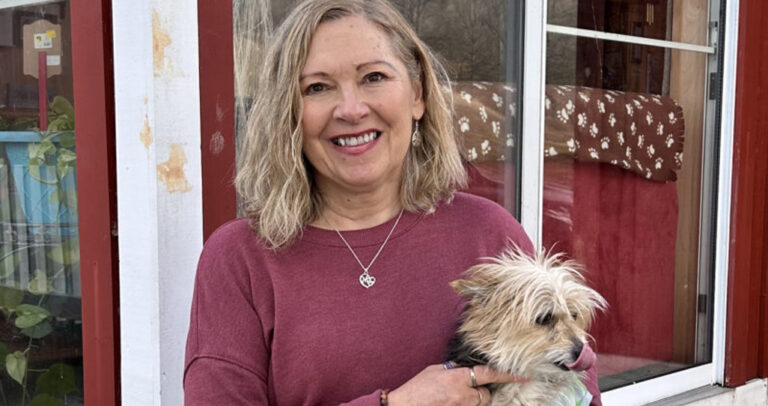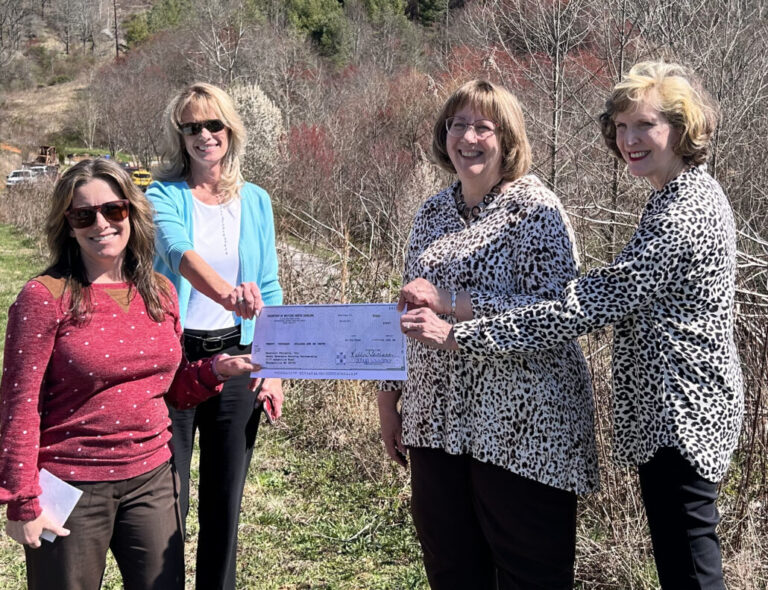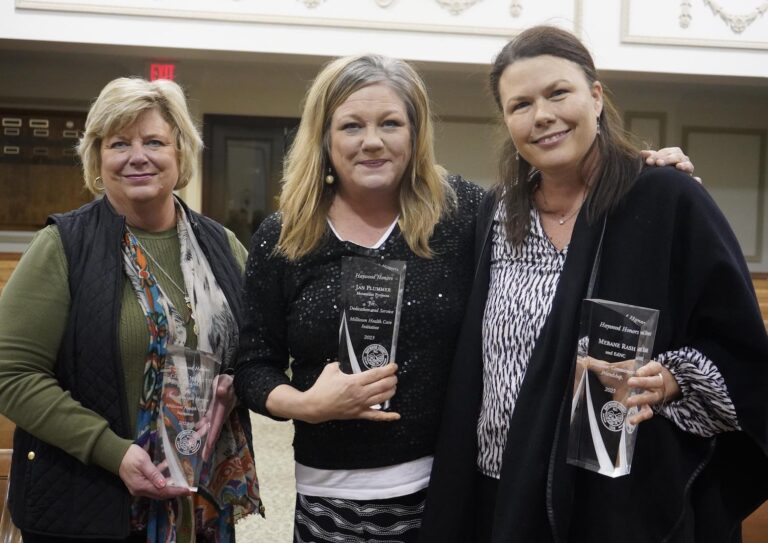
Si Simmons is Mountain Projects’ new Deputy Director
“Si’s compassion combined with years of experience makes a great fit for the position,” said Davis. “He is well respected among our staff and will help lead Mountain Projects into our next sixty years.”
